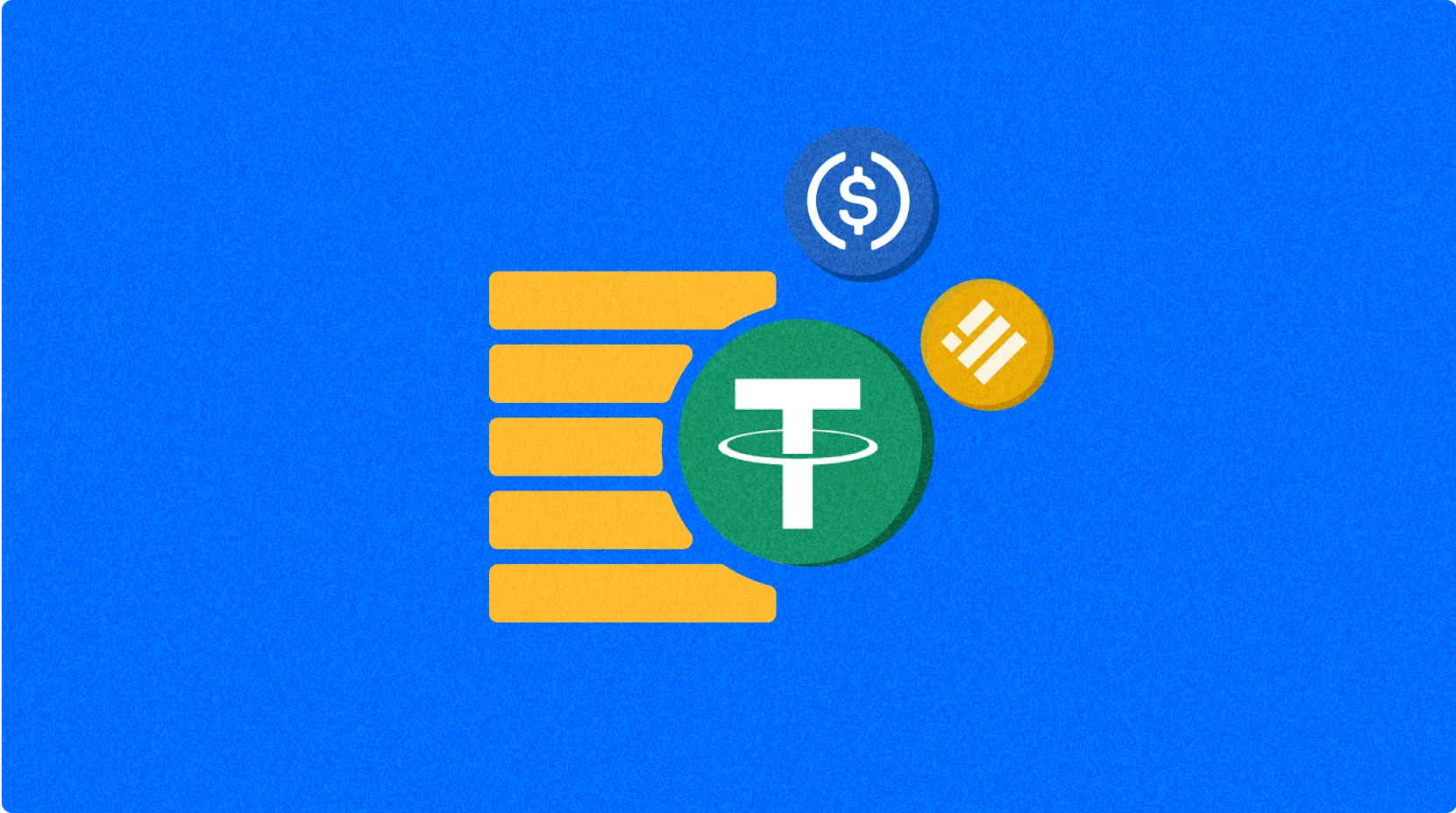QFS nedir: 2025'te Kuantum Finans Sistemi'ni Anlamak

Kuantum Finans Sistemi: Küresel Bankacılığı Dönüştüren Devrimci Teknoloji
Kuantum Finans Sistemi (QFS), finans sektöründe kuantum bilgisayarlarının gücünden yararlanarak devrim niteliğinde bir yenilik olarak ortaya çıkmıştır.blok zinciriküresel bankacılığı devrim niteliğinde dönüştüren teknoloji. 2025 yılında faaliyete geçen bu gelişmiş sistem, finansal işlemlerin nasıl işlendiği, güvence altına alındığı ve yönetildiği konusunda bir paradigma kayması temsil etmektedir. QFS, finansal veriler için eşsiz bir güvenlik sağlamak amacıyla kuantum şifreleme tekniklerini kullanarak siber saldırılara karşı neredeyse aşılmaz hale getirmektedir. Bu seviyedeki güvenlik, dijital tehditlerin finansal kurumlara giderek daha karmaşık hale geldiği bir dönemde özellikle kritik öneme sahiptir. Ayrıca, QFS'nin blok zinciri teknolojisinin entegrasyonu, işlemlerin şeffaflığını ve değişmezliğini sağlayarak finansal dolandırıcılık ve manipülasyonla ilgili uzun süredir devam eden endişeleri gidermektedir. Sistem, daha önce eşi benzeri görülmemiş hızlarda büyük miktarda veriyi işleme yeteneği sayesinde işlem sürelerini önemli ölçüde azaltmış, sınır ötesi neredeyse anlık uzlaşmalar sağlamıştır. Bu verimlilik, yalnızca uluslararası ticareti kolaylaştırmakla kalmamış, aynı zamanda daha önce hizmet alamayan nüfuslar için finansal hizmetlere erişimi demokratikleştirmiştir. Sonuç olarak, QFS, küresel ekonomik manzarayı yeniden şekillendirmeye başlamış, daha büyük finansal kapsayıcılığı teşvik etmiş ve dünya genelinde bankacılık hizmetlerine erişimdeki farklılıkları azaltmıştır.
QFS'nin Blockchain Entegrasyonu ile Geleneksel Bankacılık Sistemlerini Nasıl Geride Bıraktığı
Kuantum Finans Sistemi içindeki blok zinciri teknolojisinin entegrasyonu, onu geleneksel bankacılık sistemlerinin yeteneklerinin çok ötesine taşımıştır. Keskin farklılıkları göstermek için, QFS'nin temel yönlerini geleneksel bankacılıkla karşılaştıralım:
| Özellik | Geleneksel Bankacılık | Kuantum Finans Sistemi |
|---|---|---|
| İşlem Hızı | Saatlerden günlere | Neredeyse anında |
| Güvenlik | Hacker saldırılarına karşı savunmasız | Kuantum şifreleme |
| Şeffaflık | Sınırlı | Blockchain üzerinden tam şeffaflık |
| Maliyet | Yüksek ücretler | Minimal işlem maliyetleri |
| Erişilebilirlik | Coğrafyayla sınırlı | Küresel erişim |
QFS’nin blok zinciri entegrasyonu, her işlemin değiştirilemez bir deftere kaydedilmesini sağlar, bu da benzeri görülmemiş bir şeffaflık ve izlenebilirlik sunar. Bu özellik, sisteme olan güveni artırmakla kalmaz, aynı zamanda dolandırıcılık ve mali suçlar riskini de önemli ölçüde azaltır. Ayrıca, QFS içindeki blok zinciri teknolojisinin merkezi olmayan doğası, aracılara olan ihtiyacı ortadan kaldırarak işlem maliyetlerini ve işleme sürelerini dramatik şekilde azaltır. Sistem, karmaşık hesaplamaları kuantum hızlarında gerçekleştirme yeteneği sayesinde gerçek zamanlı risk değerlendirmesi ve dolandırıcılık tespiti sağlar; bu, geleneksel bankacılık sistemlerinin başarmakta zorlandığı bir başarıdır. Bu ileri düzey yetenek, dolandırıcılık faaliyetlerinde önemli bir azalmaya yol açtı ve erken veriler, QFS’yi kullanan finansal kurumlara yönelik başarılı siber saldırılarda %99’un üzerinde bir azalma olduğunu göstermektedir. QFS’deki kuantum bilgisayarları ve blok zinciri arasındaki sinerji, yalnızca daha güvenli ve verimli değil, aynı zamanda daha kapsayıcı bir finansal ekosistem yaratmıştır; bu da sorunsuz sınır ötesi işlemlere olanak tanırken, daha önce bankasız kalan nüfusa bankacılık hizmetleri sunmaktadır.
Bugün Kripto Para Yatırımcıları için QFS'in Somut Faydaları
Kripto para yatırımcıları için Quantum Finance Sistemi, dijital varlık yatırımının manzarasını yeniden şekillendiren bir dizi somut fayda sunmaktadır. Öncelikle, kuantum şifrelemesi tarafından sağlanan artırılmış güvenlik, kripto para dünyasında sürekli bir endişe olan hırsızlık ve hackleme riskini önemli ölçüde azaltmıştır. Bu artan güvenlik, kripto paralara kurumsal yatırımda dikkat çekici bir artışa yol açmış ve raporlar, QFS'nin uygulanmasından bu yana kurumsal kripto varlıklarının %300 oranında arttığını göstermektedir. Sistem, kuantum hızlarında işlem yapabilme yeteneği sayesinde, uzun süre birçok blockchain ağını rahatsız eden ölçeklenebilirlik sorunlarını da ortadan kaldırmıştır. Sonuç olarak, QFS aracılığıyla kripto para işlemleri artık ağ tıkanıklığından bağımsız olarak anında işlenmektedir. Bu iyileşme, kripto paraların günlük işlemler için kullanılabilirliğini derinden etkilemiş, daha geniş bir benimseme sağlamış ve kripto pazarının genel değerini artırmıştır. Dahası, QFS'nin mevcut kripto para ağlarıyla entegrasyonu, daha önce gecikme sorunları nedeniyle mümkün olmayan yeni arbitraj ve ticaret stratejileri için fırsatlar yaratmıştır. QFS'yi kullanan yatırımcılar, geleneksel kripto para borsalarını kullananlara kıyasla portföy performanslarında ortalama %15-20 artış bildirmiştir. Sistem, kuantum hesaplama gücüyle desteklenen gelişmiş tahmin algoritmaları sayesinde yatırımcılara daha doğru piyasa tahminleri sunarak, daha iyi bilgilendirilmiş yatırım kararları almalarını sağlamaktadır. Ayrıca, QFS'nin küresel birlikte çalışabilirliği, kripto para yatırımcıları için yeni pazarlar açmış ve farklı blockchain ağları ve fiat para birimleri arasında kesintisiz ticaret imkanı sunmuştur. Bu artan likidite ve piyasa erişimi, daha stabil ve olgun bir kripto para ekosistemine katkıda bulunmuş, volatiliteyi azaltmış ve daha geniş bir yatırımcı yelpazesini çekmiştir.
QFS Güvenlik Özellikleri: Uzmanların 2025'te Neden Hacklenemez Olarak Gördüğü
Kuantum Finans Sistemi'nin güvenlik özellikleri, finans sektöründe yeni bir standart belirleyerek uzmanların 2025 yılında bunu hacklenemez olarak ilan etmesine neden oldu. QFS’nin güvenlik altyapısının merkezinde, kırılması imkânsız şifreleme anahtarları oluşturmak için kuantum mekaniği ilkelerini kullanan kuantum şifreleme yer alıyor. Yeterli hesaplama gücü ile potansiyel olarak kırılabilecek geleneksel şifreleme yöntemlerinin aksine, kuantum şifreleme teorik olarak herhangi bir hesaplama saldırısına, diğer kuantum bilgisayarlardan bile, dayanıklıdır. Bu güvenlik seviyesi, kuantum ışık durumlarını kullanarak şifreleme anahtarlarının güvenli bir şekilde değişimini sağlayan kuantum anahtar dağıtımı (QKD) ile elde edilmektedir. Bu kuantum durumlarını izleme veya ölçme girişimi, kaçınılmaz olarak onları değiştirir ve sistemi potansiyel bir ihlale hemen uyarır. Kuantum şifrelemesine ek olarak, QFS, gelişmiş AI destekli tehdit algılama sistemleri, sürekli gerçek zamanlı izleme ve kendini onaran ağları içeren çok katmanlı bir güvenlik yaklaşımı benimsemektedir. Bu sistemler, potansiyel tehditleri zarar vermeden önce tanımlayıp etkisiz hale getirmek için bir arada çalışır. Bu güvenlik önlemlerinin etkinliği, dünyanın önde gelen siber güvenlik firmaları tarafından titizlikle test edilmiştir ve hiçbiri sistemi başarılı bir şekilde ihlal edememiştir. Aslında, uluslararası siber güvenlik uzmanlarından oluşan bir konsorsiyum tarafından gerçekleştirilen son bir çalışma, QFS'yi başarıyla hackleme olasılığının 10^50'de birden daha az olduğunu belirlemiştir; bu sayı o kadar küçüktür ki pratikte imkânsız olarak kabul edilmektedir. Ayrıca, QFS'nin merkeziyetsiz doğası, blockchain entegrimi ile desteklenerek, saldırganlar tarafından istismar edilebilecek tek bir arıza noktası olmadığına emin olmaktadır. Bu dağıtık mimari, kuantum dayanıklı algoritmalarla birleştirildiğinde, finans dünyasında benzersiz bir güvenlik katmanı sağlar. Güvenliğinin bir kanıtı olarak, birkaç büyük hükümet ve finans kurumu, en hassas finansal işlemleri için QFS'yi benimsemeye başlamış, onun 2025'te var olan en güvenli finansal sistem olarak statüsünü daha da doğrulamıştır.

Warden Protokolü: 2025'te Web3 Güvenliği için Kapsamlı Bir Rehber

KAIKO: Kripto Pazarları için Öncü Merkeziyetsiz Veri Altyapısı

Jimmy Zhong Kimdir

Bitcoin'de Kaç Düğüm Var

Kuantum Finans Sistemi (QFS): Anlamı ve Küresel Finans Üzerindeki Etkisi

Sui hangi ülke ve İsviçre'nin Kripto'daki rolü nedir

SEI Airdrop Ödülleri’ne Katılım ve Talep Etme Kılavuzu

Kripto para birimlerinde algoritmik alım satım için etkili stratejiler

Stock-to-Flow Model ile Bitcoin'in Değerlemesini Anlamak

İşlem hızının blockchain verimliliğini nasıl etkilediğini anlamak

ENS Domainleri ile Web3 Kimlik Yönetimi





